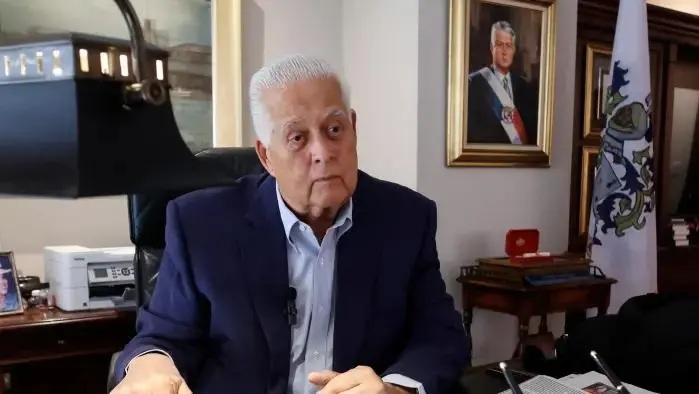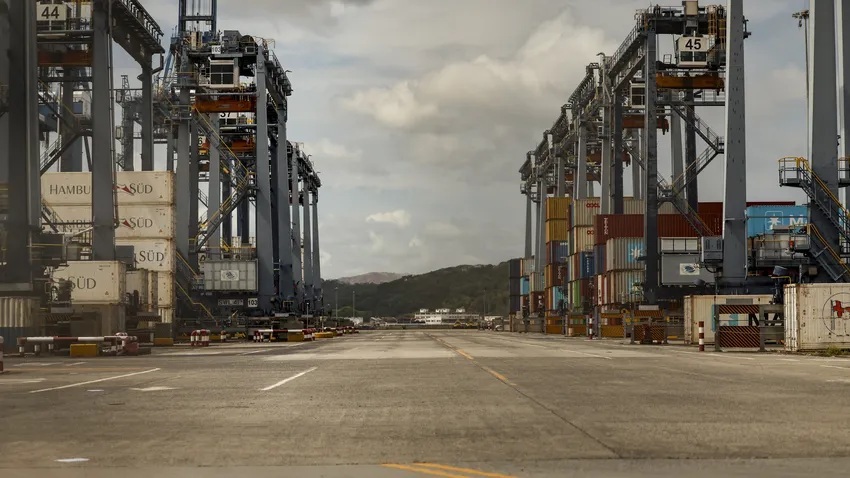Time to end Britain;s “weird” Brexit debate

By Jonathan Power
The whole debate about Brexit has had a weird quality about it from beginning to end. Prime Minister Theresa May voted in the referendum two and half years ago to remain in the European Union but then as a quid pro quo for being made prime minister she has led the charge to implement Brexit. Jeremy Corbyn, the leader of the Labour Party, voted to remain but has made it clear that he too prefers out, albeit keeping the UK in the Customs Union.
Mrs May muddied the waters even further when in a radio interview she was asked how she would vote if there was a second referendum replied that she didn’t know.
Yesterday at the eleventh hour she postponed a parliamentary vote on whether to approve or not the treaty negotiated with the EU on Brexit.
The former prime minister, Gordon Brown, writing in the Financial Times, has pinpointed another act of weirdness. “Because the country is in the throes of only Act One of our European drama at least two and possibly more years of acrimonious EU negotiations still lie ahead……It is said the definition of insanity is to do the same thing over and over again and expect different results.”
After yesterday’s non-vote in parliament on whether to accept the 585-page compromise deal hammered out over two years by the UK and the EU Commission, the UK faces a stalemate.
Some, including Mrs May, with their heads in the clouds, are still calling for the agreement to be “tweaked” so that a slightly revised version can be voted on again. But the truth is any attempt to revise the text would not be allowed.

Yesterday, Donald Tusk, the president of the EU, made that clear. Only talks to seek clarification will be allowed. The negotiators would then go round and round, doubtless coming back to where they are now. Soon, next March, Britain will be evicted from the customs union of the single market (the open trade agreement) and sit on the margins of decisions made by the rest of the EU. The UK will not be at the table but will be duty bound to implement EU decisions.
The fact is the UK’s relationship with the EU is in limbo. Meanwhile, the exodus of financial institutions, manufacturers, European doctors, nurses, dentists, plumbers, and university dons, continues. Economic growth has dropped almost to the bottom of the European league table. The deficit is growing again, despite the government’s cruel policy of austerity that has savaged the lives of the poorest.
The government, preparing for the worst, is stockpiling medical supplies and food. If there is no deal it is estimated that 80% of Britain’s trade through the cross-channel ports will be affected by new border controls, leading to three kilometer-long queues of lorries.
In fact it’s checkmate. It has been for a long time but many parliamentarians, the right-wing media (but not the BBC) and perhaps most of the public have only begun to realize this recently. Why? Because of the issue of Northern Ireland which is part of the UK, which they have downplayed.
A year ago Mrs May signed a formal agreement with the EU guaranteeing there would never be a physical border across the island of Ireland. Thus the Republic of Ireland in the south has had a veto over the negotiation result. Ireland for the first time in its history has become more powerful than Britain.
We should not have been surprised, although at first, Mrs May tried to play its significance down, suggesting that the border problem could be fixed by uninvented technological means. She has not been able to avoid a debate with the EU about it. In fact, it takes up almost half the Agreement.
As Alex Barber in the Financial Times wrote yesterday: “If the Irish “backstop” plan is ever applied, it will cast the EU in a unique and awkward role that it once shunned. Much of Northern Ireland’s economy would be policed as if Britain had never left the EU….Perhaps for the first time, the European Court of Justice and the European Commission would assume direct authority across part of a non-EU state, acting without the usual democratic structures that underpin their writ.”
Yesterday this very court ruled, again to the government’s chagrin, that according to Article 50 of the EU constitution, the UK could stop its negotiations and tell the EU it wanted to remain in the EU and it wouldn’t be penalized for such a step.

Step forward those who have campaigned for a new referendum in which the “Leave” decision could be reversed. Hundreds of thousands have demonstrated in favor of this- one of the largest demonstrations in British history.
Facing total defeat Mrs May should grab the nettle and announce a new referendum immediately. The “Remains” would certainly win. But then Mrs May implied in that radio interview that it could be that she too would vote “Remain”. Weird
Copyright: Jonathan Power.





